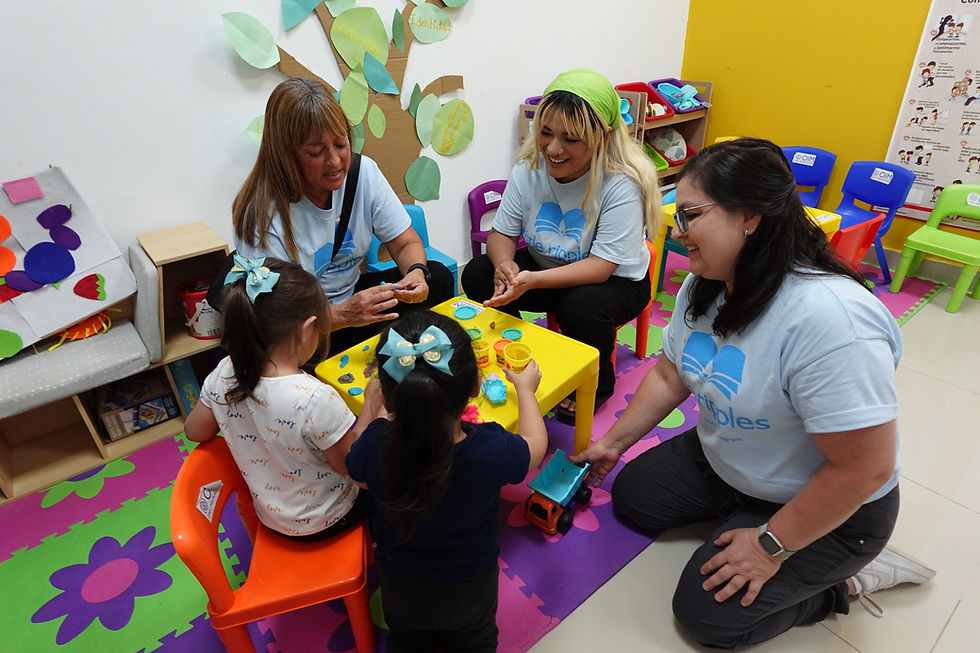Come With Us, Meet Our Friends
- Jessica Birzin
- Feb 25, 2016
- 2 min read
We left LAX on Saturday on our 23rd trip to refugee camps along the Chad-Sudan border. After a four hour layover in Paris, we landed in Gabon on Sunday night. Gabon?! It’s the third time I’ve been to Gabon, and none of those times was it part of the plan. Chad never makes it easy for you. I was prepared for the normal logistical obstacles that come along once you land in the capital, but this time we couldn’t even land because of a sand storm.

Flying into Goz Beida, eastern Chad.
Yet even with the Gabon detour, I am now writing from eastern Chad only four days after leaving LAX. That’s a record compared to recent trips when it has taken us up to ten days to get out of the capital. We will soon get to visit our friends at refugee camp Goz Amer. I have now been coming to these camps for more than ten years, and it never gets any easier—logistically or emotionally.
On the other side of the border, just a few miles away, violence rages on in Darfur with horrible news coming out of Jebel Marra. Tens of thousands of people are being displaced. They are again seeing family members being killed, women being raped, and children experiencing hunger and disease. But Darfur barely makes the news, and public outrage has almost disappeared. With other crises around the world, Darfur has dropped even lower on the list of priorities for leaders—and it was never that high to start with.
Another big number: 380,000. That’s the number of Darfuri refugees living in camps in Chad. These are the camps we visit. These are our friends, not statistics. Without being able to return home, they are in camps that are losing support. Food, education, health, and other programs are being drastically cut, and there has not been the necessary preparation for a move to self-reliance. There has not been a proper assessment to see if self-reliance is even possible in this extremely harsh and remote region.
To my refugee friends, it feels as if the world does not care. They hear the news on the radio, and there is barely ever a mention of their situation—much less any possible solutions. To the young Darfuri refugees, the children, they don’t know about the complexities of Darfur, a land that they do not know or don’t remember. But they do know hunger.
Over the coming days, we will be working next to the refugees on programs they have asked for: education, health, and sports for their children. We will also sit with them and listen—not only about their problems but about their solutions, their hopes, and their dreams. We will tell you their stories, sharing their faces and voices. They are far from mere numbers or statistics. Come back, follow our trip, and you will get to know them.
[new_royalslider id=”91″]


